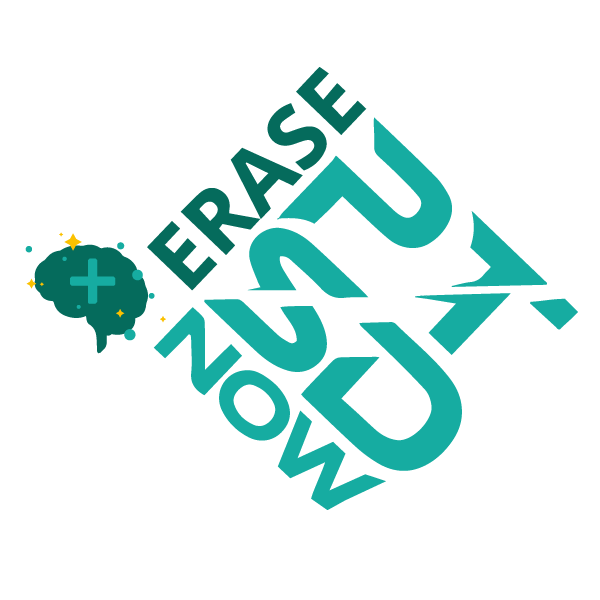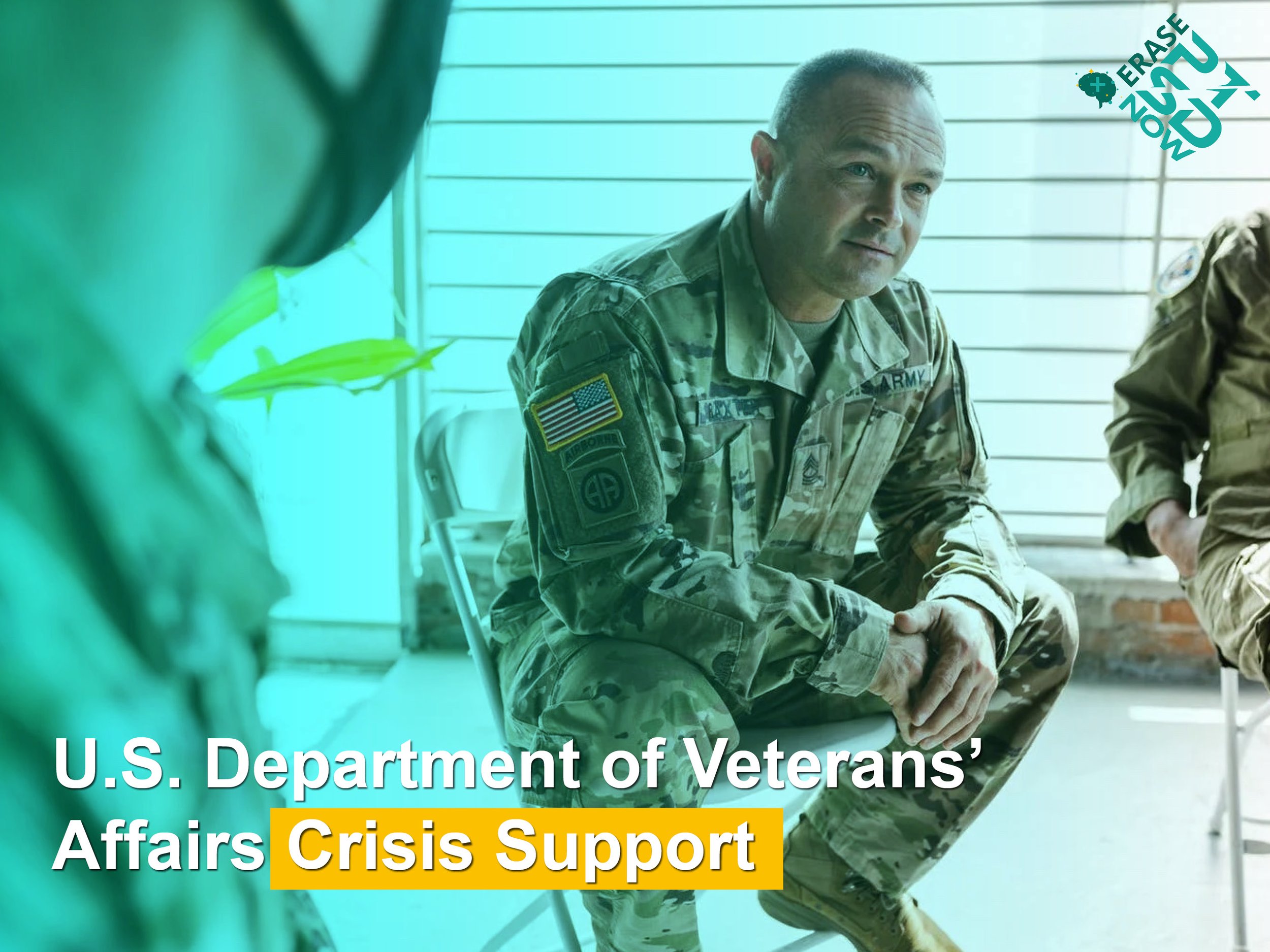U.S. Department of Veterans’ Affairs Crisis Support
Since the establishment of the United States in 1776, millions of American military veterans have served this country with honor, distinction, and bravery. For the veterans who have served on frontlines around the world, the experiences they faced during their duties can provide them with memories that will remain in their minds for many years. Many veterans who have witnessed tragedies during their military service. This ranges from seeing their fellow soldiers dying or observing local families crying out for help. These can negatively affect their mental health. Fortunately, there is much-deserved support for veterans who have gone through those difficult moments. For the veteran in crisis, he or she can reach out to the Veterans’ Crisis Line, which is supported by the U.S. Department of Veterans’ Affairs.
Every state has its own outreach support for veterans who want to find support. It's available 24 hours a day, 7 days a week. For example, Network of Care provides resources for veterans who can find appropriate tools and resources that are available for them. These are based on the state they are currently from and the specific county they are living in as well. If a current or former service member were to check out Solano County’s page, they can find the phone numbers where they can receive confidential support. The general phone number that the veterans can call the responder on is 1-800-273-8255 and press 1 after dialing. For veterans who are hard of hearing, they can dial 1-800-799-4889.
How to find a support network
Aside from reaching out to the responses on the crisis line, veterans can also find a support network that has many of their fellow peers who have encountered the same experiences that they also have. Veterans can also find other support from various PTSD organizations as well.. One such support is the Hidden Wounds organization. It has many programs that devote themselves to helping individuals and groups who are struggling with problems. Some of these problems include but not limited to suicidal thoughts and PTSD.
The organization also presents stories that discuss the lives of U.S. servicemen and women who have gone through their own personal crises. One story that Hidden Wounds featured on its website was about U.S. Marine Corporal Aaron Mankin’s successful surgery because of the contributions from the Geist family. Christina and Willie Geist, with the support of Hidden Wounds, began a friendship who Corporal Mankin. His face was damaged by an amphibious assault vehicle in 2005 during his service in Iraq.
Department of Veterans Affairs
Photo Credit: Ilona Virgin
Crisis resources available to the public
On the same website, Hidden Wounds also provided the National Suicide Prevention Lifeline. To call that number, veterans must dial 1-800-273-8255 and press 1 after dialing. Furthermore, they can also text to 838255 or chat online at https://www.veteranscrisisline.net/get-help-now/chat/. Additionally, MilitaryMindsInc.com also provides links to resources available not only for U.S. veterans but also for Canadian veterans. Aside from listing the aforementioned crisis line for U.S. veterans, the website provided the phone number from the Canadian Veterans’ Support Line and it is 1-855-373-8387. Another thing that the website also added is a link to Veterans Affairs Canada. This is where current and former Canadian service members can talk to a mental health professional at 1-800-268-7708.
It is time that everyone should understand that many military veterans have experienced moments that were traumatic. However, by giving the veterans the opportunity to speak with qualified, expert professionals who understand their struggles, concerns, and feelings veterans will be very comfortable opening up to these professionals as if they’re speaking to their own family members.



